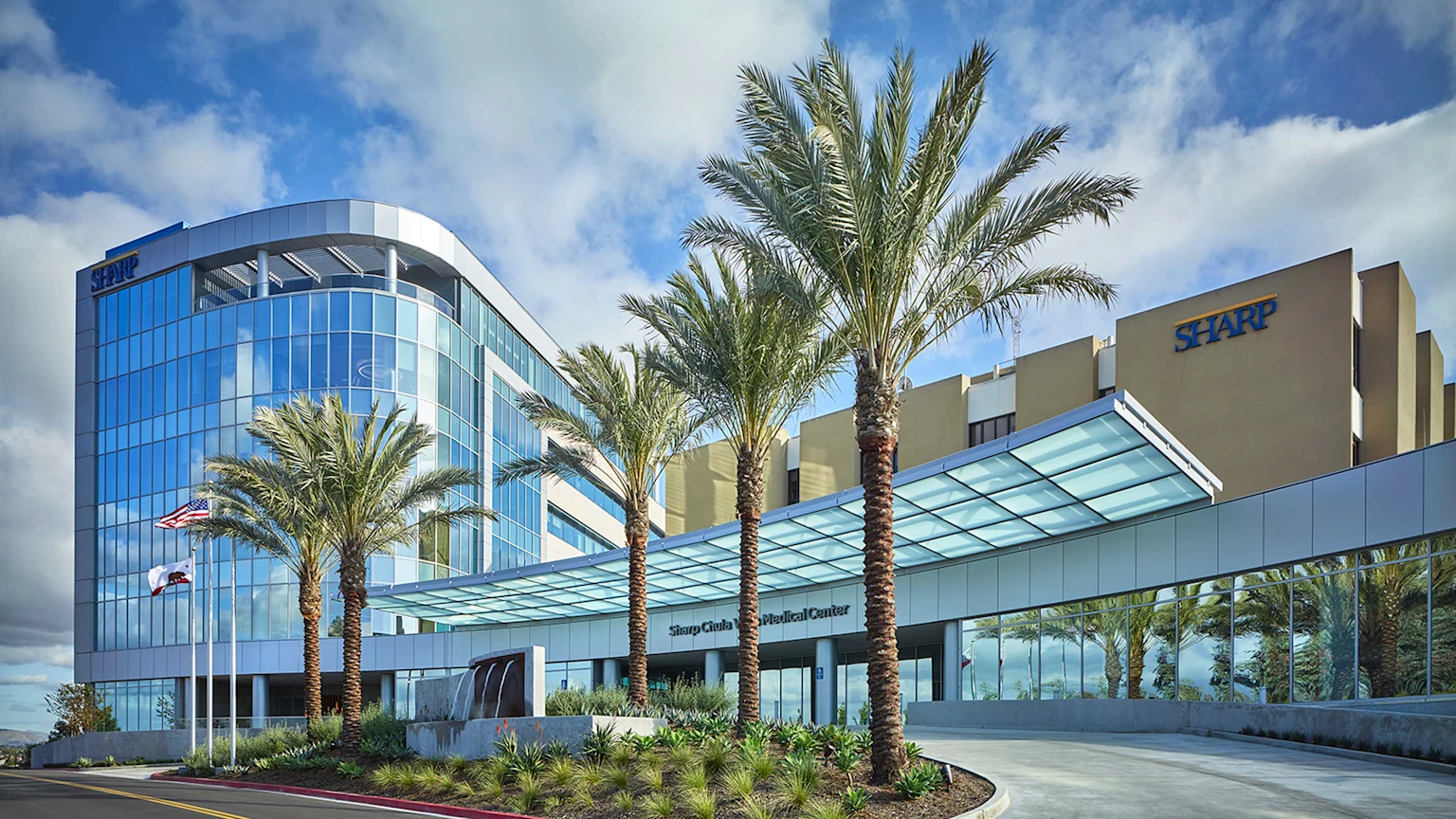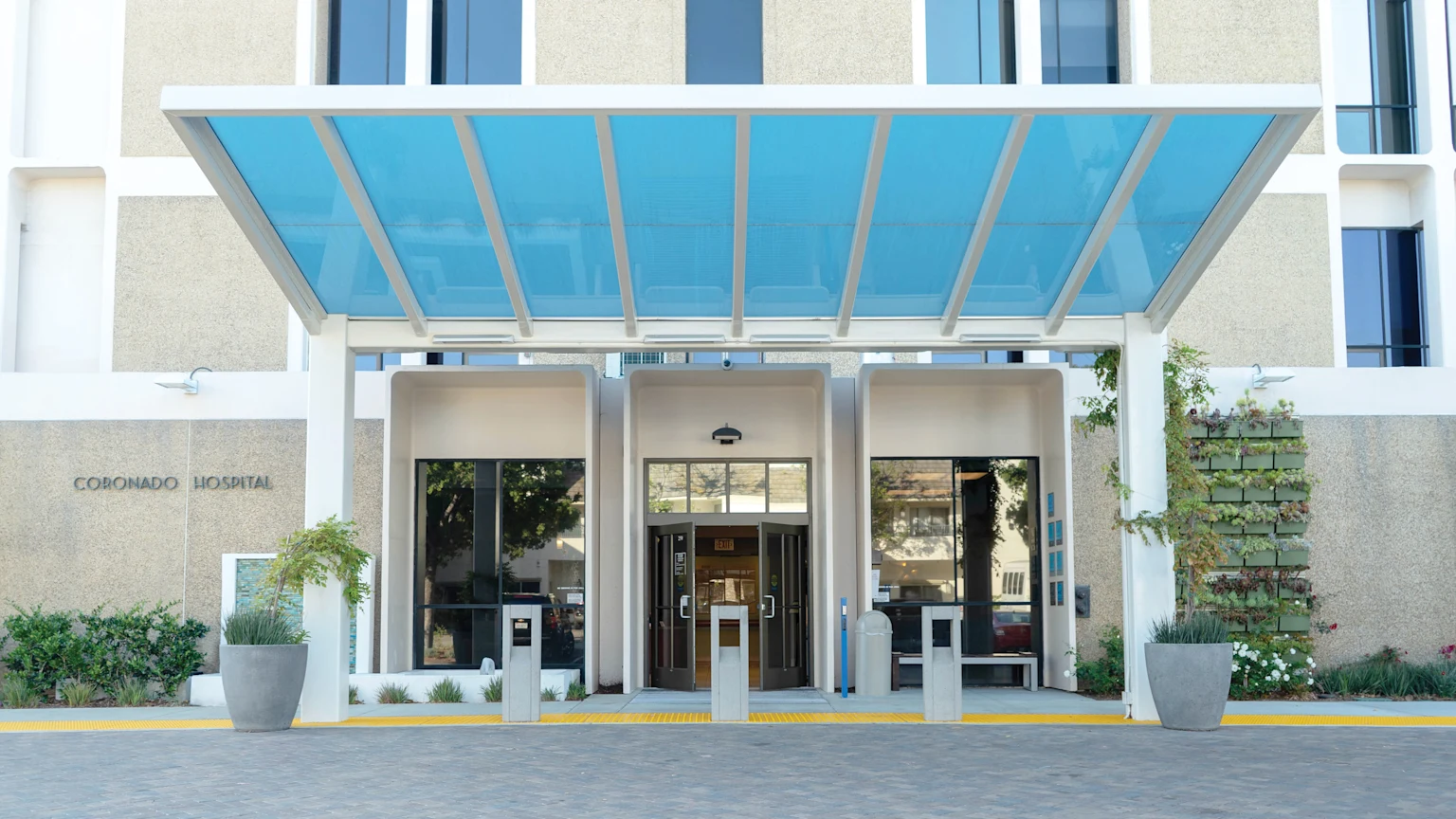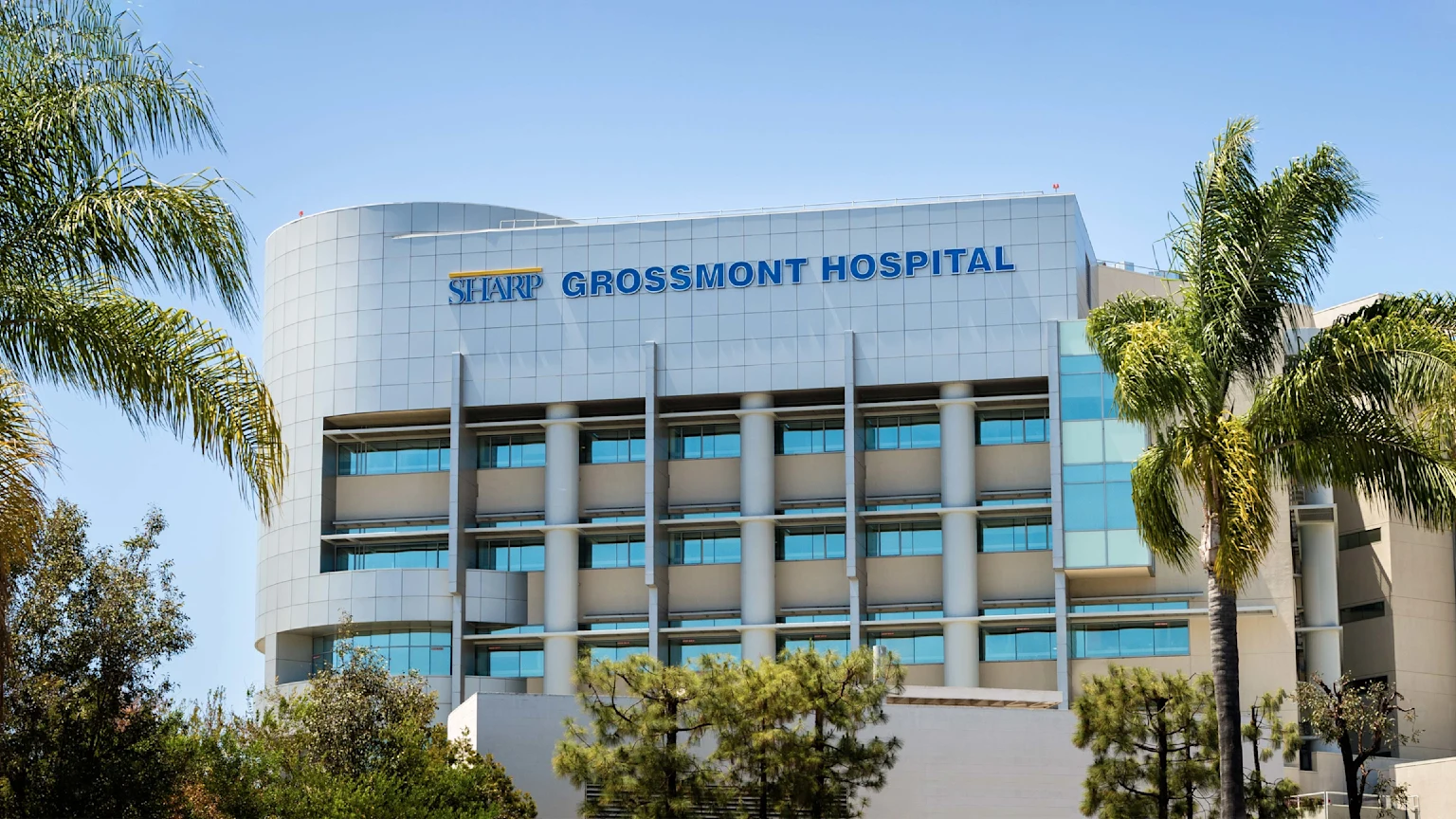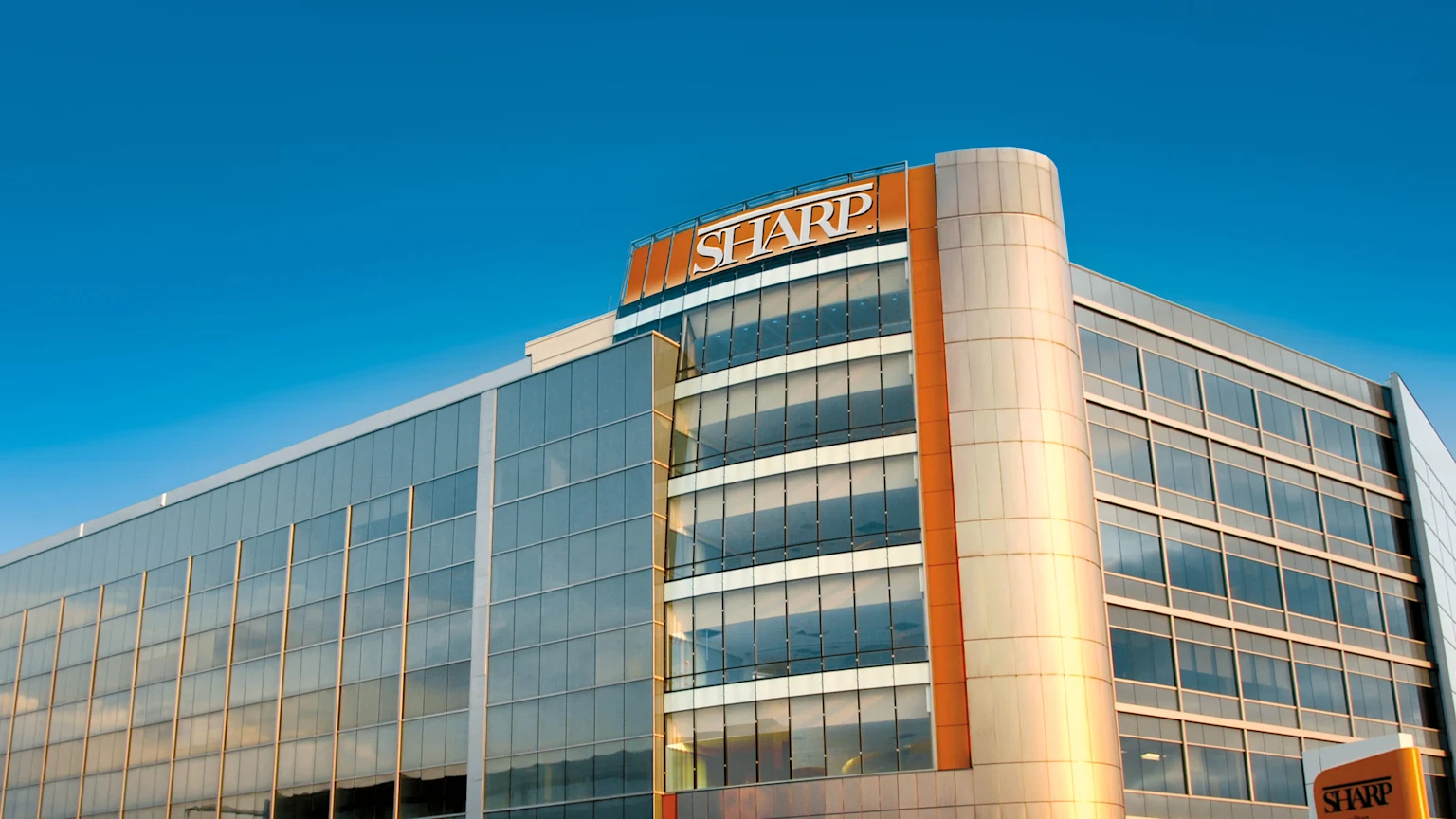
Colon cancer prevention
Earlier detection can save lives
Colon cancer is the second leading cause of adult cancer-related deaths in the United States, with diagnoses among young people becoming increasingly common. However, it's also one of the most preventable and treatable forms of cancer when detected early.
The American Cancer Society recommends colorectal cancer screening starting at age 45, or younger if you’re at higher risk due to family history. Additionally, if you have a personal history of Crohn's disease, ulcerative colitis or another inflammatory bowel disease, you may be considered high-risk and it's best to consult with your doctor to determine if you should be screened earlier.

Talk to your doctor
There are several screening tests for colon cancer. Your doctor can help determine the best one for you.
Colon cancer screening tests
Because colon cancer usually develops with few or no symptoms, when symptoms do appear the disease is often advanced. Regular screenings detect the disease early and can even head off cancer before it starts.
Several screening tests can be used to find polyps or colorectal cancer. These tests can be managed at home or in a medical setting. Your doctor will consider a variety of factors when discussing which test is right for you.
Screening tests include:
Blood-based tests —These tests check your blood for signs of colorectal cancer.
Stool-based tests — These tests check the stool (feces) for signs of colorectal cancer. Tests include the high-sensitivity guaiac fecal occult blood test (gFOBT), the fecal immunochemical test (FIT), and stool DNA test.
Visual (structural) exams — These procedures allow a doctor to look inside your colon and rectum.
We offer virtual colonoscopy, a non-invasive procedure that uses X-rays to create images of the colon to check for polyps and tumors.
In some cases, doctors may do a sigmoidoscopy, which uses a thin, lighted tube to look only at the rectum and sigmoid colon.
The most well-known visual exam is the colonoscopy, a procedure in which your doctor uses a flexible, fiber-optic endoscope to visually examine the rectum and the entire colon.
If a blood test, stool test or virtual colonoscopy shows abnormalities, you will need a colonoscopy.
These procedures are done in a medical setting, and a thorough cleaning of the colon is required before the test.
Colon cancer treatment at Sharp
At the Cancer Centers of Sharp HealthCare, our highly skilled and compassionate caregivers use the latest screening techniques to minimize discomfort and detect cancer at its earliest stages. If cancer is detected, Sharp has three world-class cancer care facilities across San Diego County that offer high-quality, compassionate care.
Here, we draw on the vast expertise of our highly experienced care team to treat even the most complex colorectal cancers. Our cancer program is nationally accredited by the U.S. Commission on Cancer, so you and your loved ones can rest assured that you’re receiving the highest-quality care, close to home.
Learn more
To learn more about colon cancer screenings or to find a doctor at Sharp, call 1-800-827-4277, Monday through Friday, 8 am to 5 pm.
Cancer care at Sharp
Douglas & Nancy Barnhart Cancer Center at Sharp Chula Vista Medical Center – The South Bay’s leading provider of cancer care. Please call 619-502-5851.
David & Donna Long Cancer Center at Sharp Grossmont Hospital – Cancer care in San Diego’s East County area. Please call 619-740-4500.
Laurel Amtower Cancer Institute at Sharp Memorial Hospital – Cancer care in Central San Diego. Please call 858-939-4466.
Payne Family Outpatient Pavilion at Sharp Coronado Hospital – Colonoscopies can be scheduled at this private, resort-like healing environment. If follow-up is needed, Sharp Coronado staff connects patients to caregiving teams at Cancer Centers of Sharp locations. Please call 619-522-3721.
Locations of colonoscopy services in San Diego
We offer colonoscopies at the following Sharp locations.
Discover colon care news

What you need to know before a colonoscopy
It may seem intimidating, but a colonoscopy can save your life.
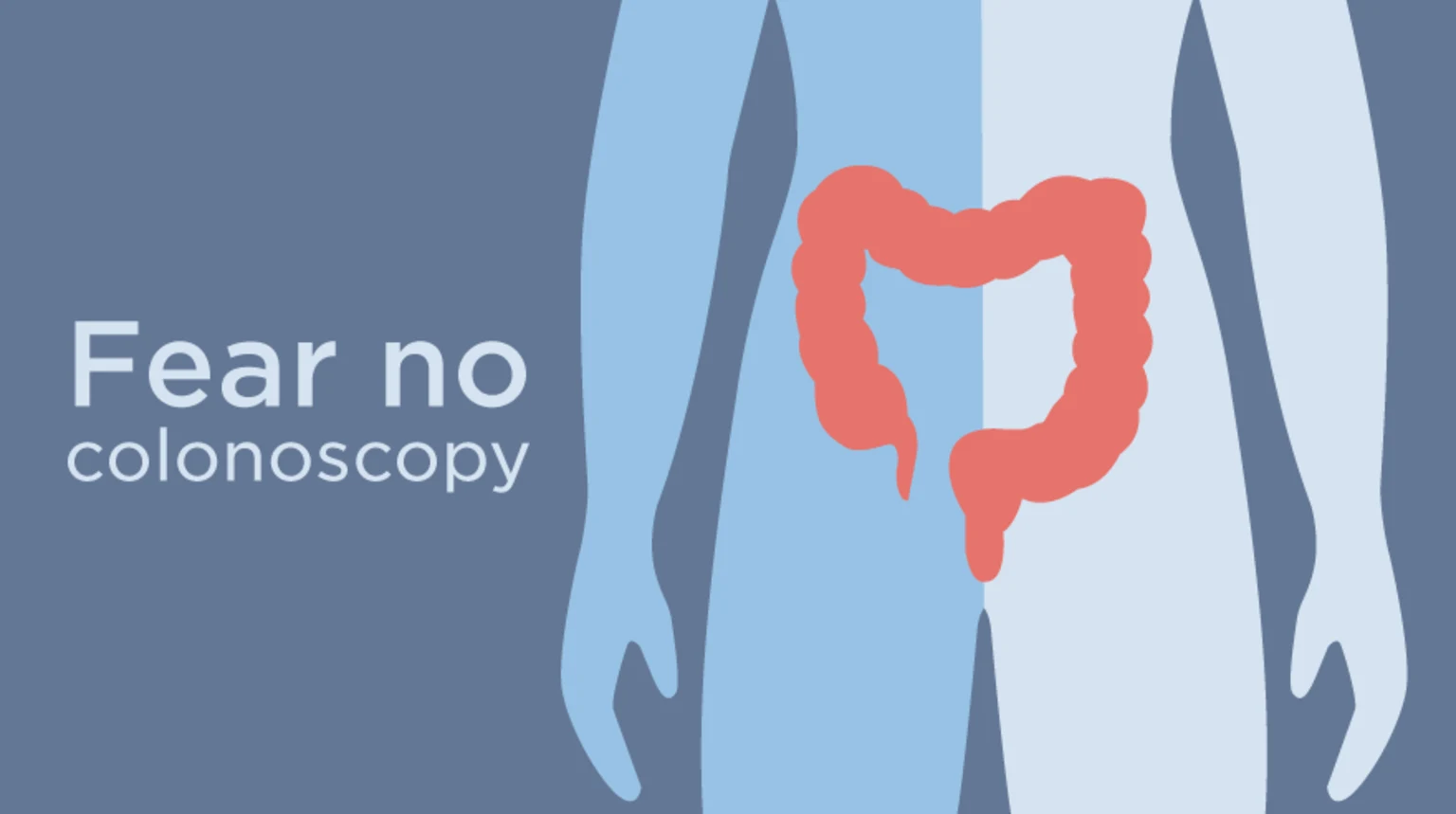
Fear no colonoscopy (infographic)
This routine screening is easier than it seems. And more importantly, it could save your life.

Answers to your top 3 colon cancer questions
Learn the answers to your top 3 questions about colorectal cancer, the third most common cancer — excluding skin cancers — diagnosed in the U.S.
Find a gastroenterologist near you
Choose the San Diego gastroenterologist who's right for you
